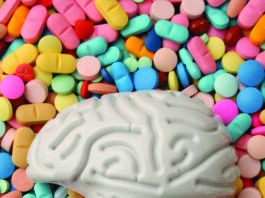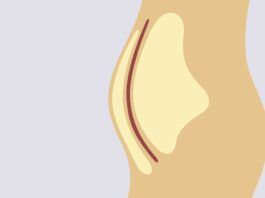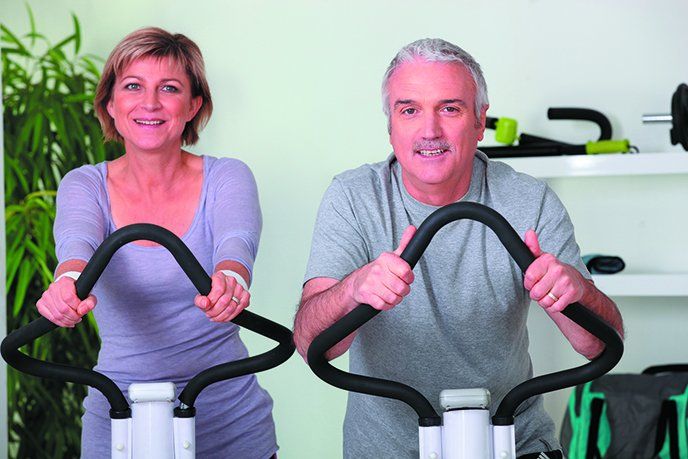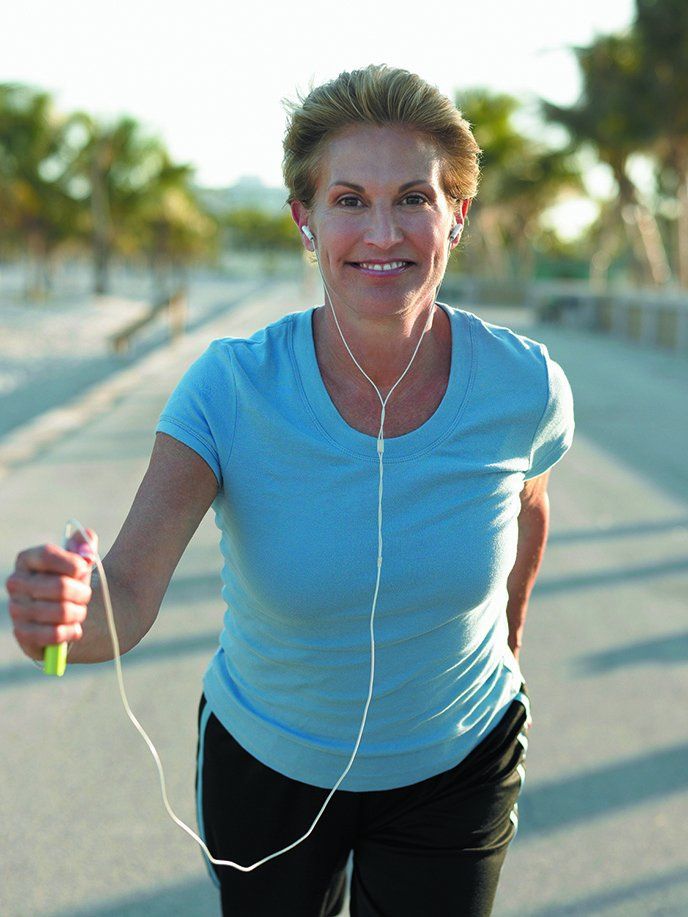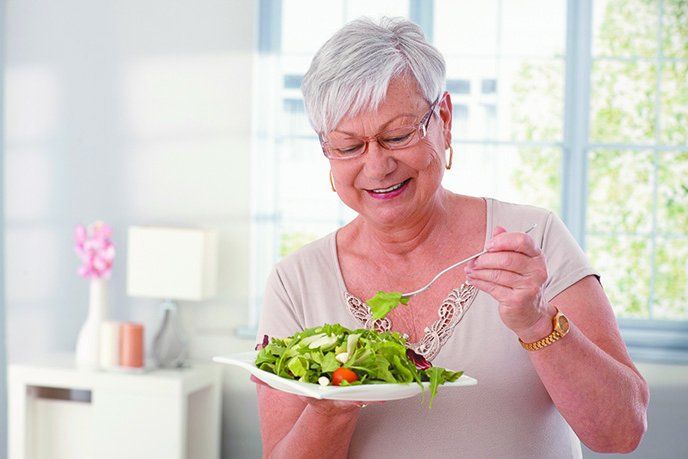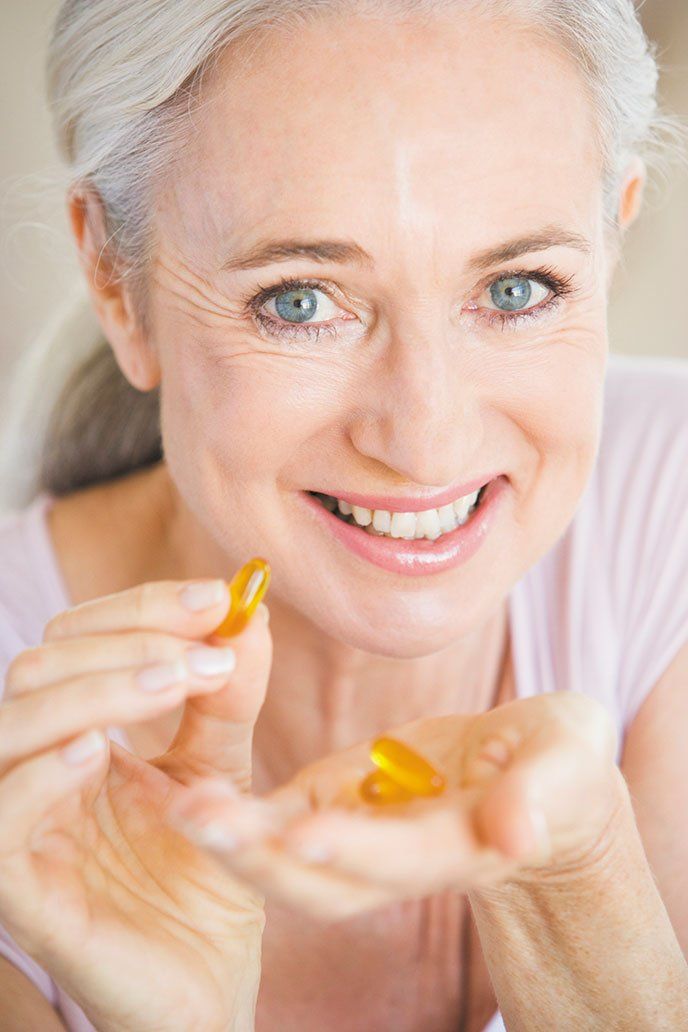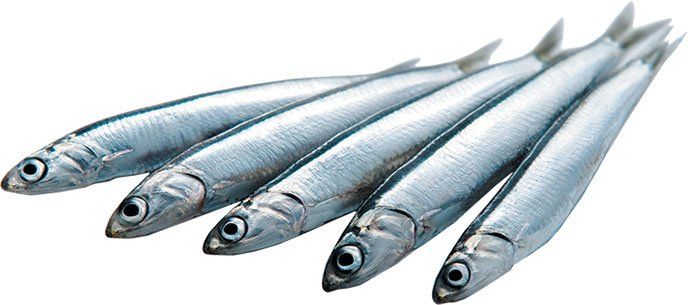Keep Active to Protect Your Brain
Two new studies provide important evidence of how physical activity might reduce the risk of Alzheimer's disease and other forms of cognitive decline. One study reported that participants who were most active showed the least decline - the equivalent of 10 years of mental aging. In a second study, the most active older adults were found to have the largest volume of gray matter in brain regions typically affected most by Alzheimer's.
Even After 70, Staying Active Pays Off
Continuing to exercise as you age really can make a difference. Researchers reported in the journal Circulation that even people in their 70s have much lower risk of stroke and heart attack with regular moderate exercise such as walking.
Drink Up to Stay Healthy and Hydrated This Summer
Every cell in your body needs water to function. Water transports nutrients and oxygen throughout the body, and carries away waste materials. Water makes up most of your body, ranging from about 75% of body weight in infancy to 55% of body weight at older ages. Your brain and heart are almost three-quarters water, your muscles and kidneys are almost 80% water, and even your bones are about 30% water.
New Diabetes Cases Down Again
The number of Americans newly diagnosed with diabetes fell for the fifth straight year in 2014, according to new data from the Centers for Disease Control and Prevention.
New Evidence for Body and Brain Benefits of Walking
Science continues to prove Hippocrates right when he said, "Walking is man's best medicine." If youre beginning to lag on your New Year's resolutions, or that Fitbit you got for Christmas is gathering dust, a trio of recent studies provide incentive to get up off the couch and lace up those walking shoes.
Longevity Benefits Seen with Moderate Coffee Drinking
That extra cup of coffee is not only safe for most people, but might actually reduce your risk of dying prematurely from heart disease and several other causes.
You Might Live Longer Than You Think
The good news is you might live longer than you expect. The bad news is that such inaccurate estimates could cause you to skip lifestyle changes that can make your remaining years healthier and more independent.
Mediterranean Diet Linked to Lower Breast-Cancer Risk
Hardly a day goes by without headlines touting the health benefits of a Mediterranean-style diet, which has been linked to lower risk of cardiovascular disease and possible brain protection. Now, a recent study suggests this style of eating may also help protect women against breast cancer.
Fish-Oil Supplements Fail to Prevent Mental Decline
As a regular reader of this newsletter, you know to pay attention when a five-year clinical trial with more than 3,000 participants reports no benefits from omega-3 supplements against cognitive decline. Such a study - one of the largest and longest of its kind - would seem to slam the door on hopes for brain benefits of fish-oil pills. But before you go searching for the receipt on the last batch of omega-3 supplements you bought, Tufts experts have a couple of caveats.
Polyunsaturated Fat Levels Linked to Longevity
A new long-term study from Sweden bolsters the evidence that the type of fats you consume is more important for your health than the total amount of fats in your diet. Rather than relying on sometimes-inaccurate self-reported food intake, the study actually measured blood serum levels of the most important types of polyunsaturated fats. Health outcomes were then tracked for an average of 14.5 years.

























